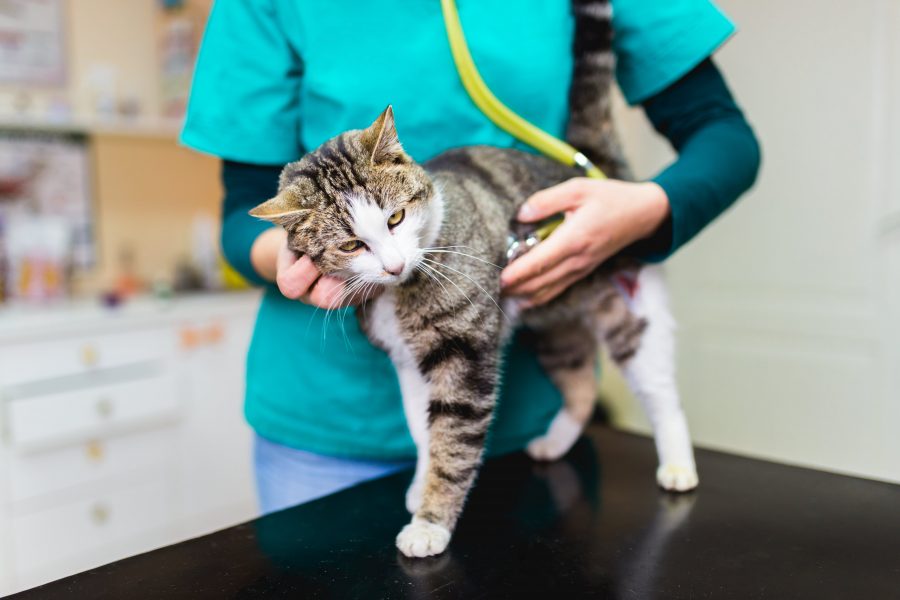The COVID-19 pandemic has affected the entire world and has raised many questions about the disease, including whether pets such as cats can get infected. In this article, we will look at the symptoms of COVID-19 in cats, the risks they face, and what pet owners can do to protect their feline friends.

What are the risks to cats from COVID-19?
The risk of COVID-19 to cats is currently unknown, as the disease is still being studied. However, it is believed that cats may be at risk of getting infected if they come into contact with the virus. This can occur if they are in close contact with infected humans or other animals or if they come into contact with contaminated surfaces.
It is also possible for infected cats to spread the virus to other animals, but this is thought to be a rare occurrence. Currently, there is no evidence to suggest that cats can spread the virus to humans, but it is still important to take precautions and avoid close contact with your pet if you are infected.
What are the symptoms of COVID-19 in cats?
The symptoms of COVID-19 in cats are similar to those in humans, including coughing, fever, and breathing difficulties. However, it is important to note that other conditions can also cause these symptoms, so it is essential to get a proper diagnosis from a veterinarian. In some cases, infected cats may not show any symptoms at all, so it is important to keep a close eye on your pet and seek medical attention if you notice any changes in their behavior or health.
What can pet owners do to protect their cats from COVID-19?
To protect your cat from COVID-19, it is important to take a number of precautions. Firstly, you should avoid close contact with your pet if you are infected or if you have been in close contact with someone who is infected. Additionally, you should wash your hands frequently and avoid touching your face to minimize the risk of infection.
You can also take steps to protect your cat by keeping them away from contaminated surfaces, such as surfaces that infected individuals have touched. It is also important to keep your cat away from other animals that may be infected, and to seek veterinary advice if your pet shows any signs of illness.
To sum it up, while the full extent of the COVID-19 threat to cats is still not completely known, pet owners can adopt basic hygiene measures and steer clear of close encounters with infected individuals to ensure their pet’s well-being. If you have any worries about the health of your beloved feline, it’s crucial to seek professional veterinary guidance. By taking these precautions, you can give your furry friend the care and protection they deserve during these uncertain times.
This may interest you: My cat meows all the time, what should I do?
